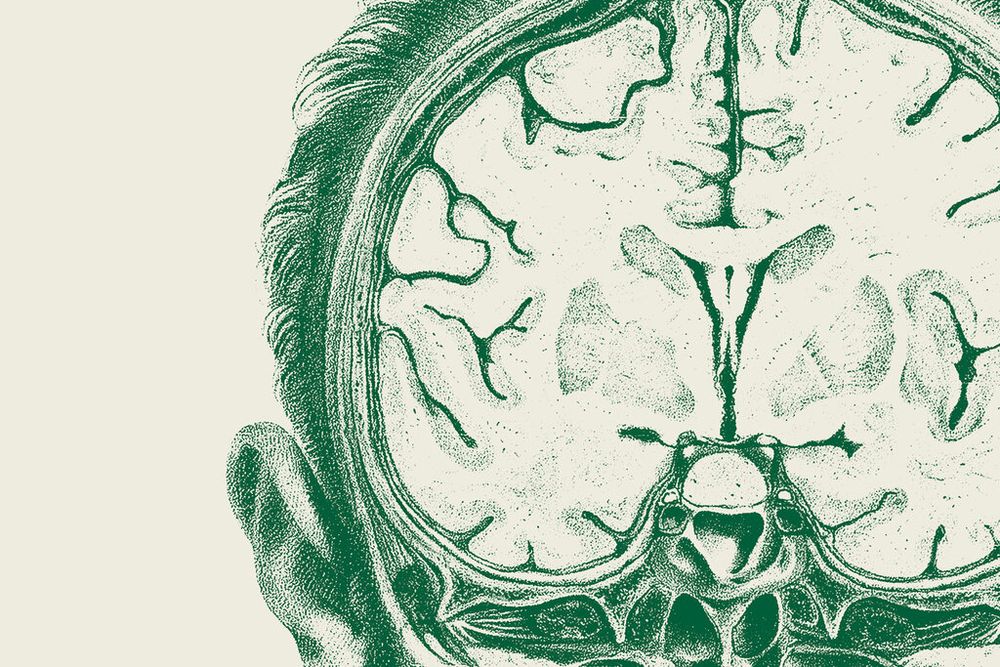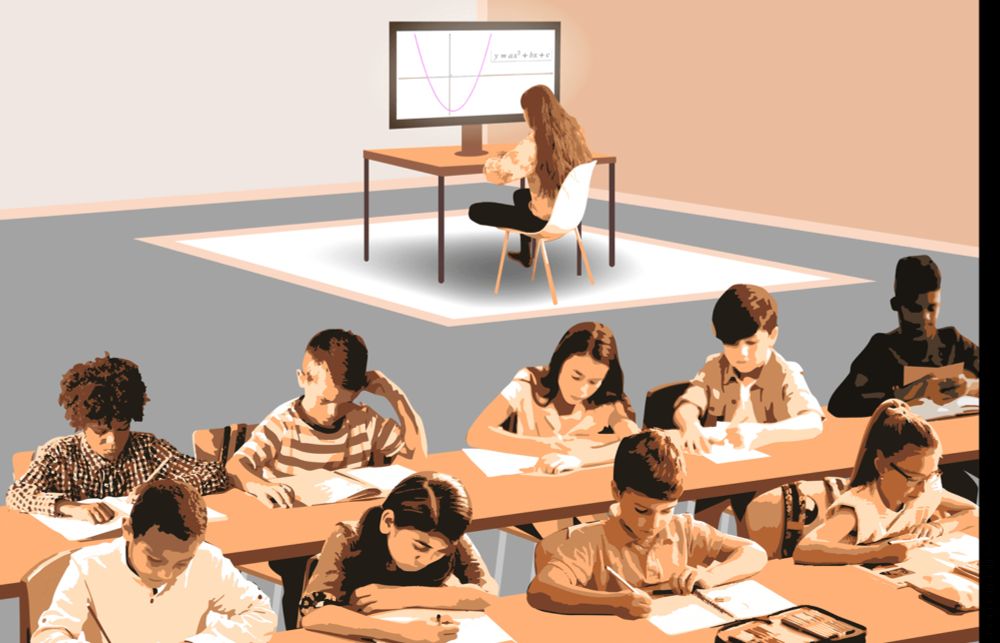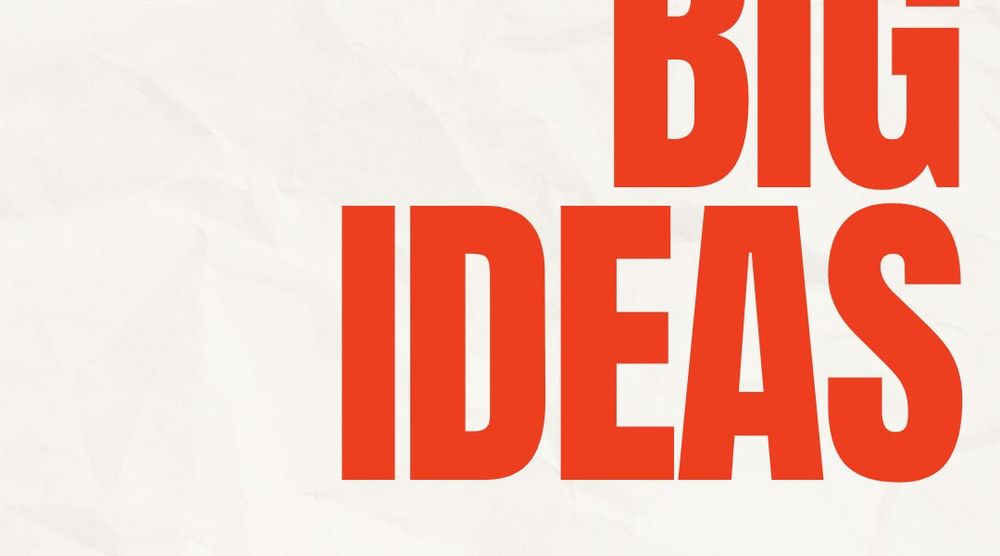"AI is not that novel. It is not that potentially revolutionary. It is in a long continuum of technologies that promise to transform education, starting with the TV, the typewriter, VCRs, tablets [and] Chromebooks."
www.nytimes.com/2025/08/12/o...

3058 Followers
1828 Following
Education journalist @ The 74, The Hechinger Report, TES, more. Author of Building Better Citizens. Mom to three young men in Nashville, TN. Subscribe to The Bell Ringer, my Substack about the science of learning: https://hollykorbey.substack.com
Statistics
"AI is not that novel. It is not that potentially revolutionary. It is in a long continuum of technologies that promise to transform education, starting with the TV, the typewriter, VCRs, tablets [and] Chromebooks."
www.nytimes.com/2025/08/12/o...

Teachers, school leaders, students and parents have a lot of problems with the digital math practice platforms that have become ubiquitous in classrooms, even though research shows they "work." So what do we mean by "work"? In education, it's complicated. www.educationnext.org/practice-pro...

Research shows that students benefit from digital math practice platforms. So why don’t more students use them?
Not only is Annie a friend, she's a subscriber and huge supporter of The Bell Ringer!! :)
In year after year of reform efforts, teachers had been told to “do explicit instruction,” with no roadmap on how to do it, or how to do it well.
@gtavernetti.bsky.social and @hollykorbey.bsky.social discuss.
open.substack.com/pub/hollykor...

What does an explicit instruction lesson look like in real life?
so therefore we can never really nail down what it would take to help more kids. I fundamentally disagree with that. The science is complicated and there's some stuff we know. Would love for you to subscribe if you want to learn more, or want to pick out where I'm leaving out necessary nuance!
A lot of this circular arguing on social media, from my vantage point, looks like a way to weasel out of any accountability to children--the science is too complicated, you're calling it by the wrong thing, you're interviewing people I disagree with...
on things like the science of motivation, and how inquiry and DI overlap. My central argument, and I think it's a strong one, remains the same: there's research on how memory works, and how acquiring academic knowledge works, that many teachers don't know, and it would be good for them to know it.
People do have disagreements about the term SoL, I'm not sure it's great myself, but I have never maintained that this science boils down to two or three items. How can you know that about me? By reading my actual posts and stories, including stories on my Substack
You are basing your opinion of my work on stories you haven't read. You are welcome to critique whatever you want, but I can't respond in any meaningful way on what you think I might be saying behind the paywall.
Where are you finding in my work that I've said the science of learning is a unified field and acting like it's the only science available? Can you point to some stories so I can respond? Thank you!